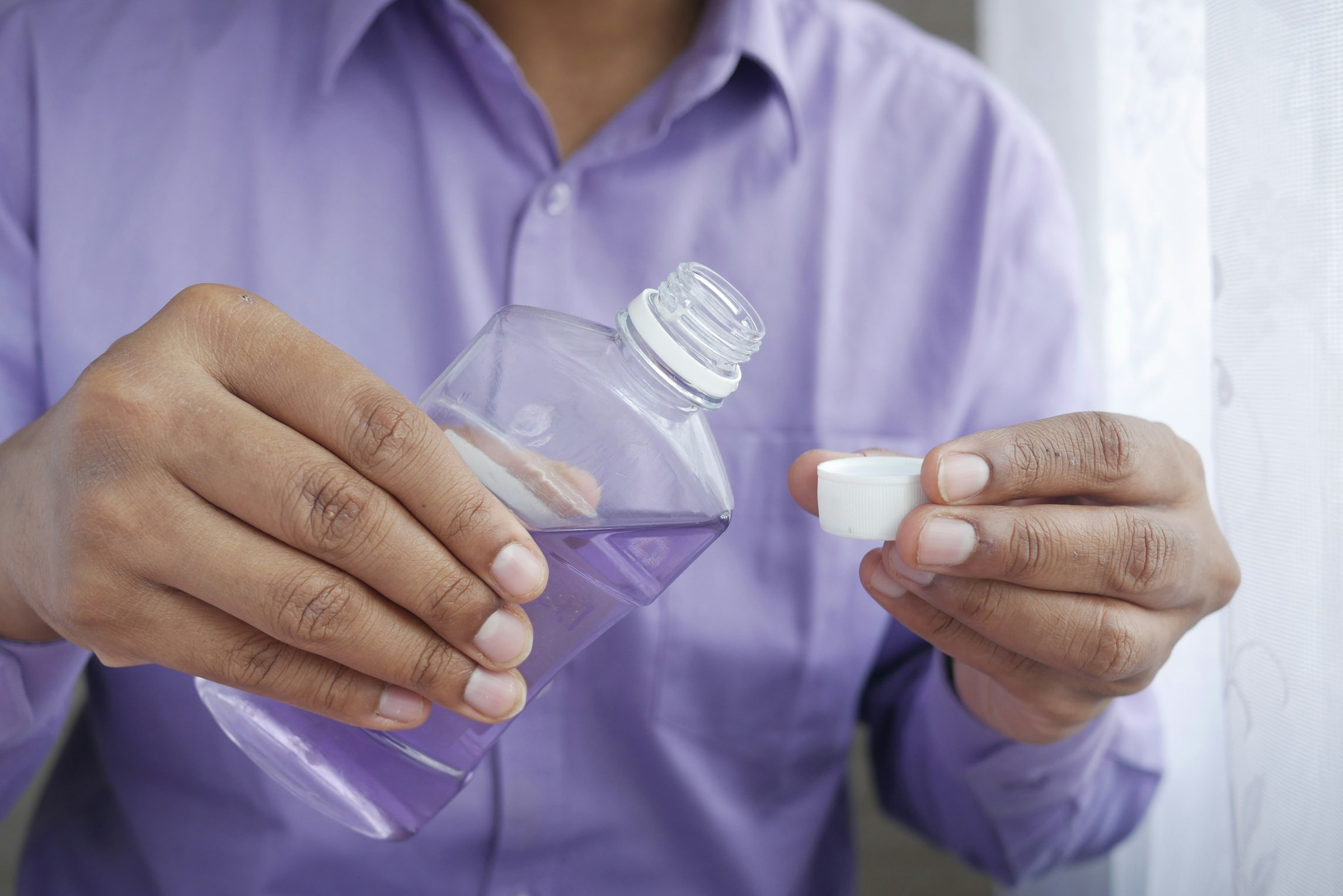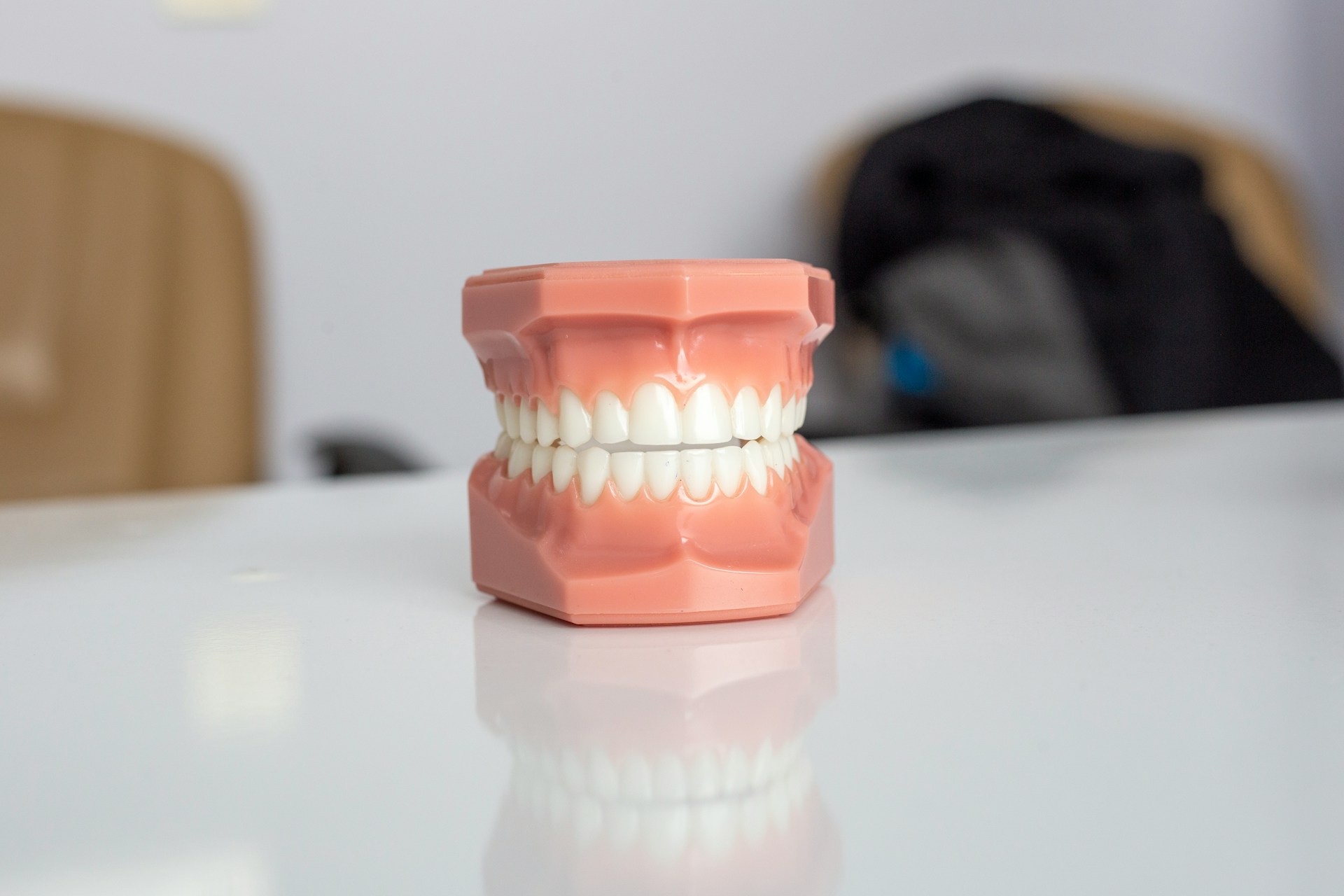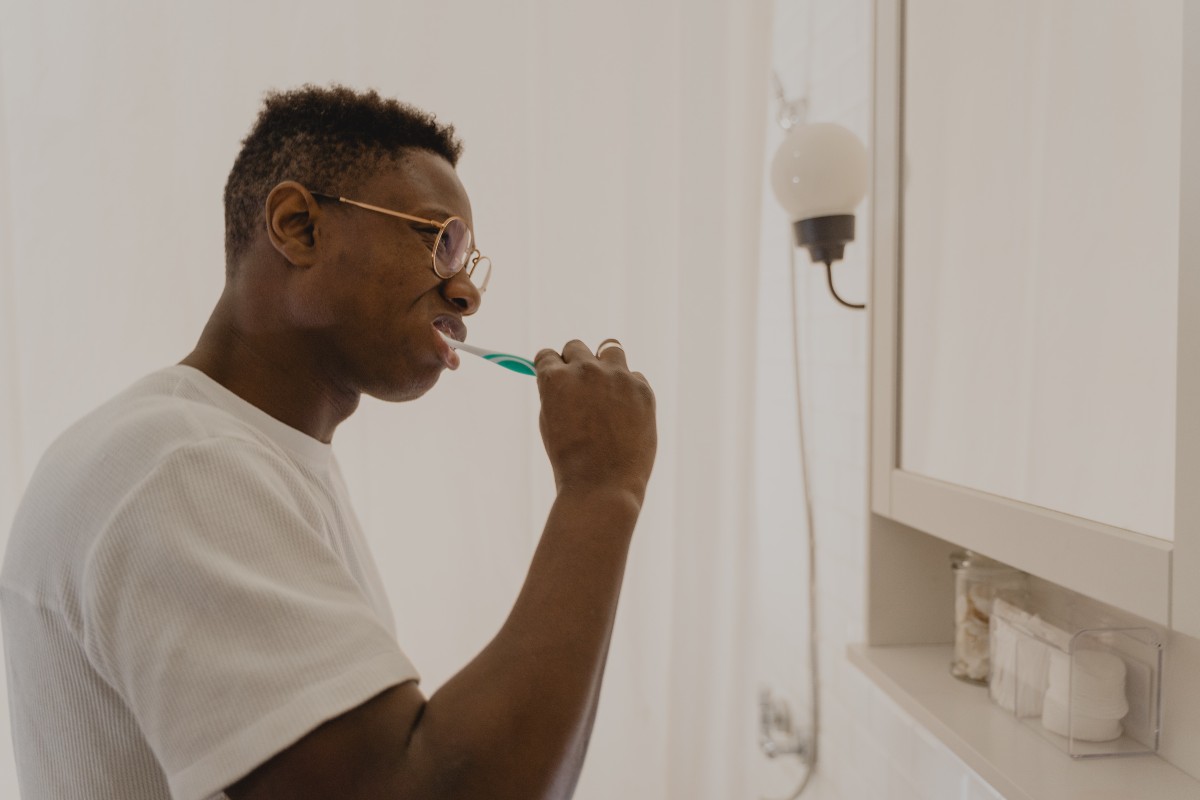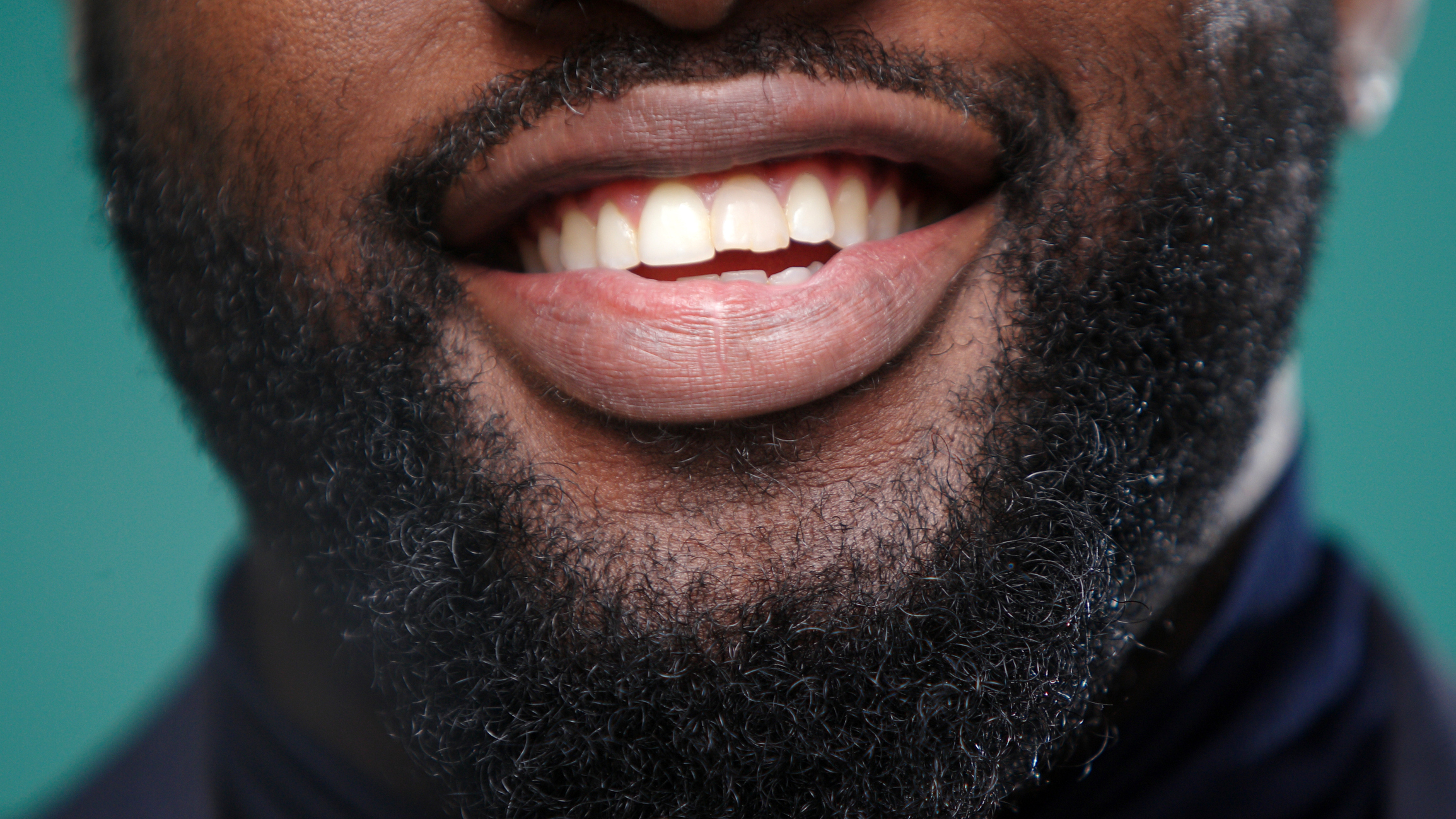
New tools and methods for oral hygiene are always circulating — from cordless water flossers to electric toothbrushes. The latest popular habit, oil pulling, is an ancient Ayurvedic medical practice resurfacing recently as a modern health trend. The name “oil pulling” almost sounds painful, yet this oral hygiene habit isn’t quite what you think. Below, we’ll explain what you need to know about oil pulling for teeth, if it works, and if it’s safe to add to your routine.

What is oil pulling?
Oil pulling is a process that is similar to using mouthwash, yet it uses an oil to switch around the mouth instead of a standard mouthwash. The “pulling” part of the name refers to the process of pulling the oil around the teeth and mouth. While this was once considered an Indian folk remedy, many studies have validated the effectiveness of oil pulling and its many benefits. By using a liquid oil to swish around your mouth, excess bacteria in the mouth are pulled free.
Although oil pulling can be done with any type of oil, coconut oil is most commonly used. Coconut oil makes for a great oil for oil pulling because it is entirely natural and has a pleasant taste. The high amounts of lauric acid in coconut oil are also effective at helping to kill bacteria. Some people use olive oil or sesame oil for oil pulling, too.
Mouthwash is also effective at killing germs in the mouth. However, oil pulling has become more popular as a natural/holistic method. Many mainstream mouthwash products contain harmful chemicals or ingredients.

Benefits and drawbacks of oil pulling
The most common reason to try oil pulling is to help improve oral health by reducing the harmful bacteria in the mouth. A research study that explored oil-pulling benefits found that it was effective at reducing the total oral bacteria count and reducing plaque. Harmful types of bacteria found in the mouth are responsible for many unwanted problems like tooth decay, gum disease, bad breath, and other common oral problems. Those who struggle with chronic bad breath or oral inflammation may benefit from oil pulling as well. Other studies have found that oil pulling can effectively improve gum health and may help improve gingivitis.

Common misconceptions of what it can and can’t do
Oil pulling can safely be added to your routine, but it’s important to break down a few misconceptions first. Oil pulling for teeth is not intended to replace regular brushing or flossing. In addition, it is not a cure for oral diseases such as TMJ/TMD or gum inflammation. Although it can help improve the health of your mouth and possibly improve symptoms, it is not a cure.
It is also a common misconception that oil pulling can be used as a form of teeth whitening. You may notice a whiter smile after oil pulling as it removes bacteria that can cause staining, however, oil pulling is not a researched teeth whitening method. In addition, oil pulling only needs to be done for up to three minutes to effectively work at reducing bacteria. It is a misconception that oil pulling must be done for upwards of ten minutes.

What dentists say about oil-pulling
While there are some studies indicating the effectiveness of oil pulling, most dentists aren’t on board yet. The American Dental Association does not recommend oil pulling as a dental hygiene practice. This is due to the lack of supporting scientific evidence surrounding oil pulling. While this doesn’t mean you can’t start oil pulling, it is worth discussing it with your dentist first.
Many dentists are hesitant to recommend oil pulling due to the potential side effects as well. While side effects are minor, some people may experience jaw pain or a headache from the rigorous motion of oil pulling. The oil, if accidentally swallowed, could also cause stomach upset.

Starting oil pulling
Most people oil pull in the morning before brushing their teeth. To oil pull, you can start by using about one tablespoon of coconut oil and swishing it around your mouth. Start with a small amount of time (one to two minutes) and gradually increase as you become more comfortable with the motion. Once you spit out, you can continue to brush your teeth as normal. Learning how to oil pull can take some time and patience.
If you suffer from frequent cavities or bad breath, coconut oil pulling might be worth incorporating into your oral wellness routine. However, more research is needed in the realm of oil pulling to draw more conclusions about its benefits.
Editors' Recommendations
- Does beard growth oil work? What you should know
- Cut the clutter: The only men’s grooming tools you need (and what to skip)



